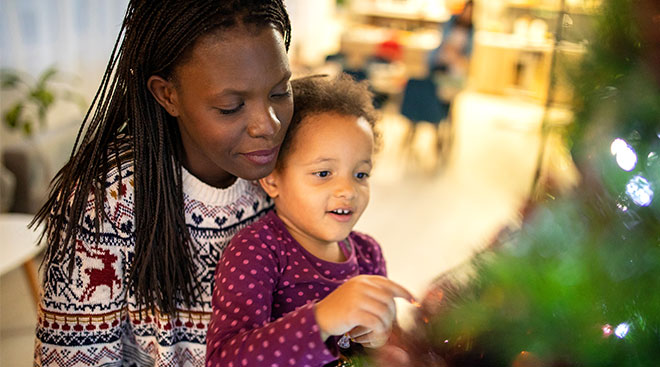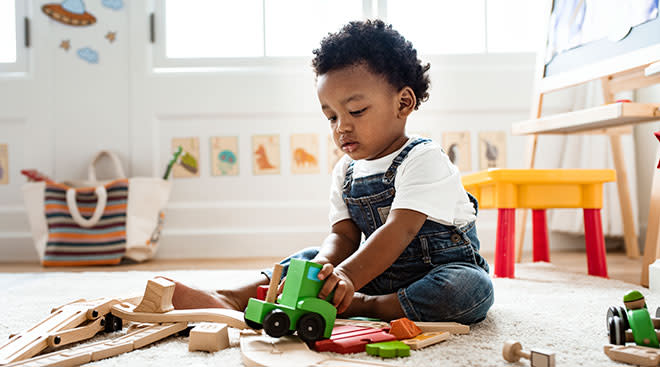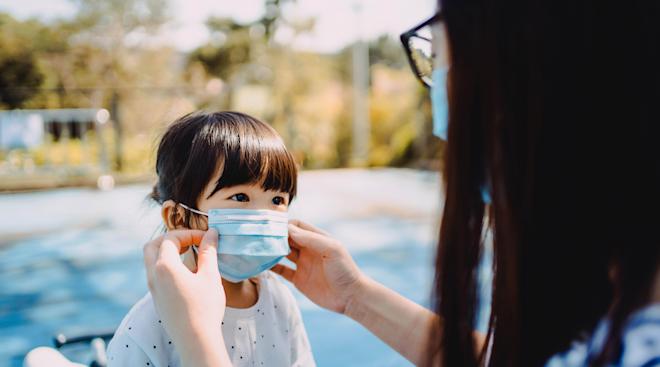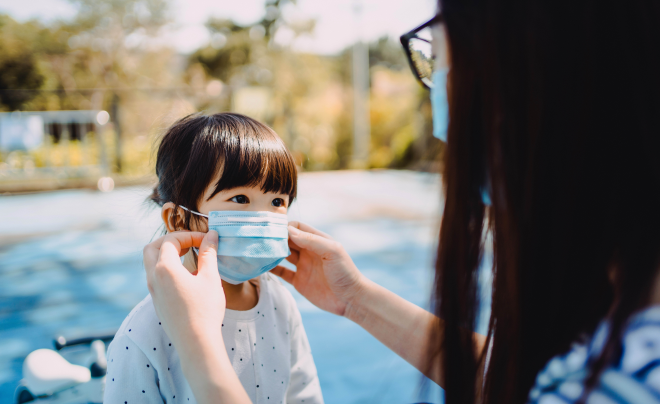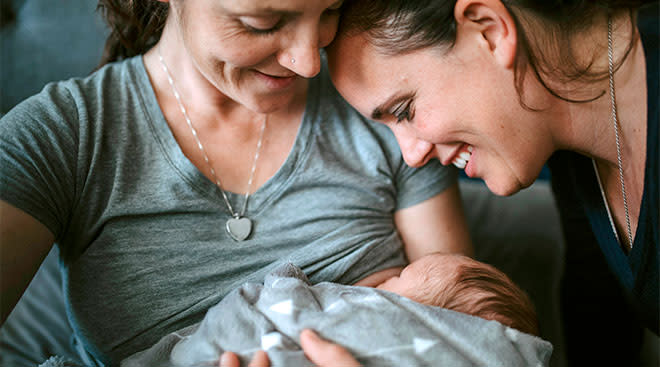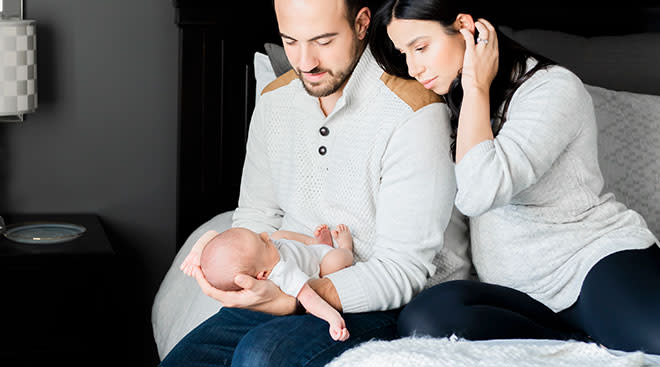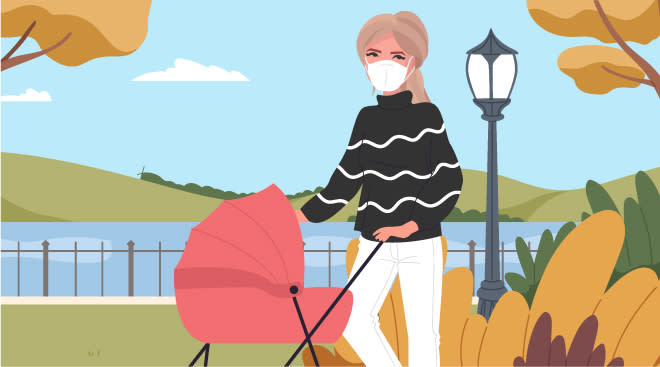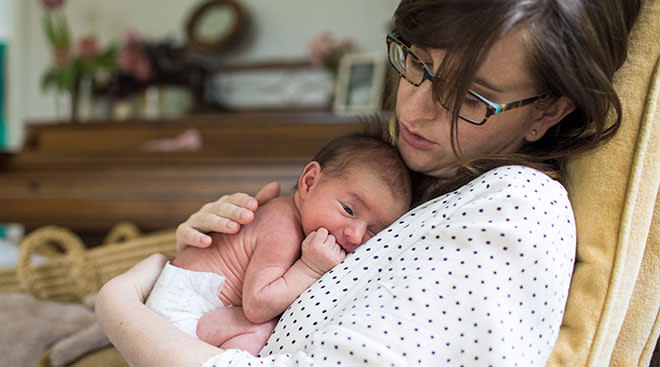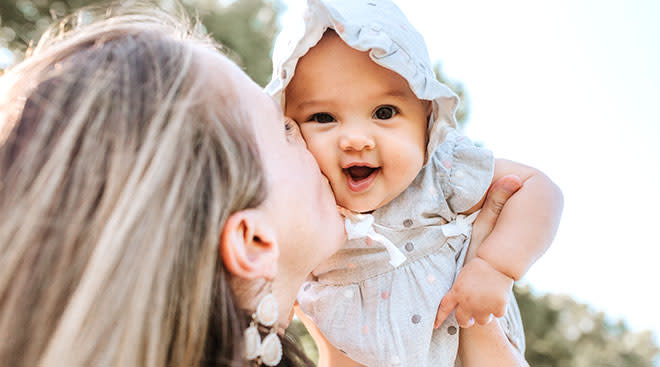Helping Children Cope With COVID-19 Holiday Disruptions
In a typical holiday period, there’s a lot of stress and a high expectation that it should be a fun and happy time, but that’s simply not true for everyone. This year, we have the additional stress of being asked to stay home, not travel, and not have family get-togethers. This means a lot of typical traditions will not happen, disrupting the structure your children may have grown to expect. As a result, parents should expect their children may express sadness, anger, and even depression. So, what can you do as a parent?
Younger children may imitate you, so recognize your own stress and responses as children sense overall stress. As children may not have the words to express these feelings at this age, they may react with outbursts.
- Talk to your children honestly, but in a way they understand.
- Ask questions about what they are thinking and worried about—this will give you the clues you need to continue the conversation.
- Plan new traditions together—whether it’s baking something new, making a big deal of sending care packages to family members that you can’t be in person with, or sharing a typical tradition via Zoom (our family opens “crackers” each Christmas, and this year we will gather virtually to “pop” our crackers together).
- Focus on how your family can give to others this year, whether that’s virtually volunteering or making cards for people in nursing homes. Giving children a purpose outside themselves is a healthy way of coping. Drop surprise cards or homemade goodies on your neighbor’s step.
The same is true for elementary and middle school-age children; however, kids in these age groups tend to be more resilient than we give them credit for! These kids can help plan the new traditions. Getting them involved, whether it’s planning a meal, a family game or activity or even making cards for others, will help them cope with the changes. If your child is struggling, help them engage with family more and ensure that they are socially connected with peers (even via Zoom or other outdoor activities such as a bike ride).
No matter your child’s age, reassure them that the pandemic won’t last forever—it just feels like it!
Dr. Robyn Mehlenbeck, is the Director of the George Mason University Center for Psychological Services and a Child and Adolescent Board Certified Clinical Psychologist
Please note: The Bump and the materials and information it contains are not intended to, and do not constitute, medical or other health advice or diagnosis and should not be used as such. You should always consult with a qualified physician or health professional about your specific circumstances.
Navigate forward to interact with the calendar and select a date. Press the question mark key to get the keyboard shortcuts for changing dates.
































